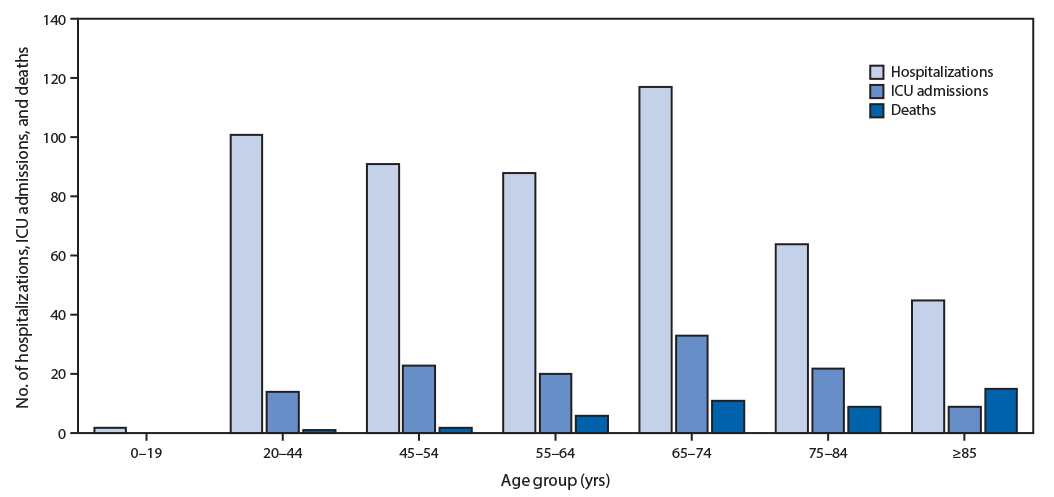to put things in order, the strange case of japan is relative to the number of death, not cases, for the simple reson that since they barely tested anyone, they were left only with the self evident cases, that we already know are the relative minority.
like the article said, there are a myriad of possible reasons why their mortality is so low, same way why germany ended up with so few deaths compared to places like spain or the uk.
there are some i can think on the top of my head,
1) being an island surely help (i come from an island in Italy and we had relatively few cases and deaths compared to other less isolated zones)
2) in asia and japan in particular the culture of wearing masks was already there
3) japan's culture (but i'm no expert here) seems a little colder than other places, which could have helped with mantaining social distancing,
4) again not an expert on japanese culture, but they seem more inclined to follow rules for the greater good, although this mentality is wearing off in new generations
5) low levels of obesity, a possible deciding factor for the scientists, is also possibly a cause together with the rest.
6) japan, has started very early isolating clusters of infected when they were still small, much like germany did.
7) they still did a lot of tracking, just analog instead of digital, but in many countries it would not be possible, especially the US
the article is really interesting and really goes in depth on the various reason for this effective response, and it's a shame that the title kind of undermine the entire message, with many people that will probably just read the title and say "see? we could have just done nothing" (not specifically talking about you)














